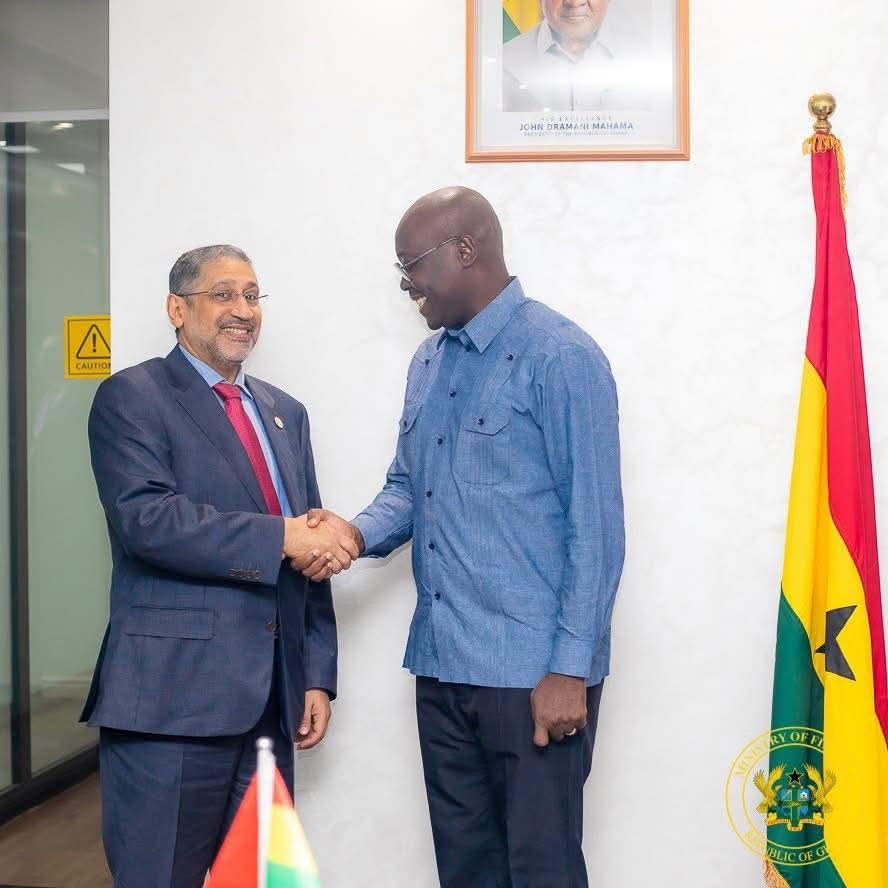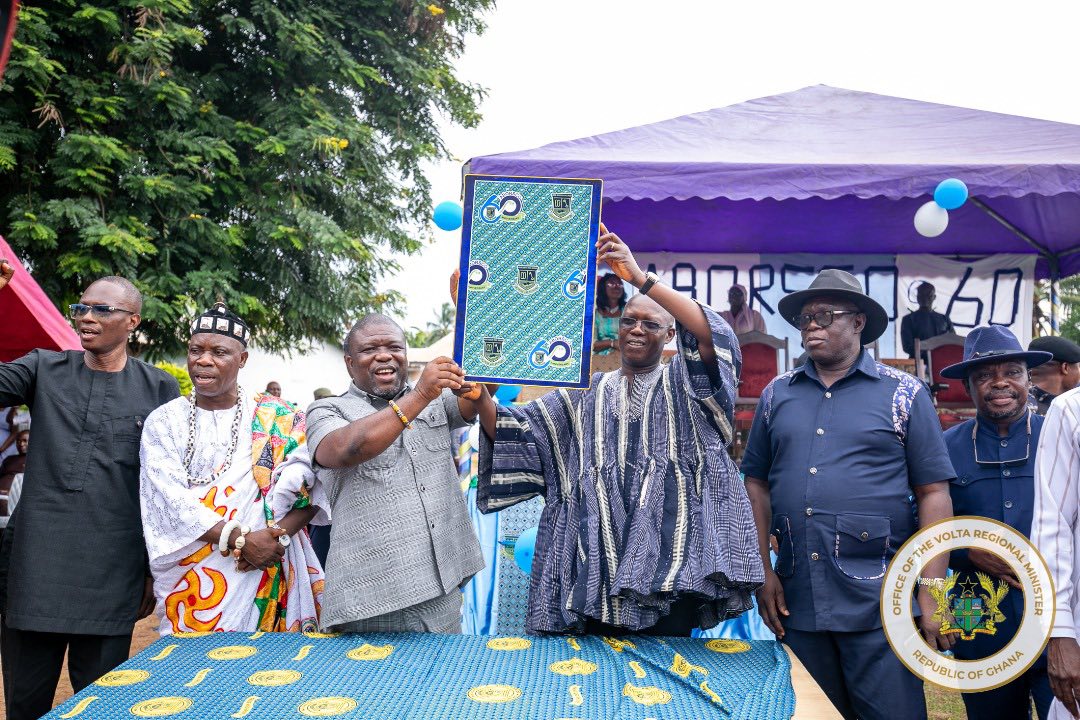The National Film Authority (NFA), with support from the Government through the Ministry of Tourism, Culture and Creative Arts, has assembled hundreds of industry Players in Accra, University of Ghana, Cedi Conference Centre to dialogue on the future of Ghana’s film industry.
The dialogue, themed “Accelerating Industry Development,” has brought together stakeholders from the Creative Sector, Government, Private Sector, Investors, and Development Partners to discuss ways to grow the industry, focusing on content creation and how to package, especially the Ghanaian movie, to be globally competitive.
The dialogue is also meant to unlock innovative financing models that empower Ghanaian filmmakers to produce high-quality content.

It sought to build meaningful partnerships between the film industry and brands, and to expand access to global, local, and regional markets for Ghanaian content.
The day conference featured distinguished panelists with expertise in Finance, Media, Brand Marketing, Film Producing, editing with effect, Directing, and Acting for the final consumer.
Their insights were expected to shape the blueprint for the next phase of the industry-inclusive AIs and Robotics technology.
In her welcome address, the Executive Secretary of the National Film Authority, Kafui Danku-Pitcher, emphasized the importance of a collaborative and solution-driven approach to building a thriving creative economy.
Madam Kafui highlighted the potential, particularly in the Film Industry, to create jobs and prosperity for Ghana at large.

“By working together, stakeholders can build a creative economy that tells Ghanaian stories to the world and benefits the country economically”, she stressed.
She was, however, grateful to partners, stakeholders, and supporters for their investment in the vision of a vibrant Ghanaian Film Industry and appealed to them to continue working with the news management.
On his part, the Deputy Minister for Tourism, Culture and Creative Arts, Yussif Isaaka Jajah, stressed the importance of collaboration in developing Ghana’s Film Industry.
According to him, the Film Sub-sector has immense potential to contribute to the country’s national development agenda, highlighting the potential of Film to drive economic transformation, promote tourism, attract foreign investment, strengthen national identity, unity, and contribute meaningfully to GDP growth.
He reiterated the Government’s commitment to making funds available for the Industry for broader economic and cultural aspirations.
He, however, called on stakeholders to approach the discussion with boldness, collaboration, and a shared sense of purpose as he urged policymakers to craft legislation that protects intellectual property, local content creation, and ensures equitable access to funding and infrastructure for quality production.
Mohammed Adams Sukparu, Deputy Minister of Communication, on his side, called all stakeholders from the Industry and the investors to discuss ways to build a vibrant and globally competitive Ghanaian Film Industry, emphasizing the importance of film as a form of communication that transcends borders and cultures.
He noted that film allows Ghanaians to share their culture, emotions, and identity with the world, and that digitalization has opened up unprecedented opportunities for the industry.
The Deputy Minister cited examples of Ghanaian filmmakers who have achieved success through digital platforms. These include the film “The Barrier of Kojo,” which was distributed globally through Netflix, and young animators from Kumasi who are creating short films that are gaining traction on social media.
Mr. Adams reaffirmed the Government’s commitment to supporting the growth of Ghana’s creative economy through digital innovation.
He noted that the government is pursuing a comprehensive agenda to strengthen Ghana’s digital ecosystem, including expanding digital infrastructure and connectivity, equipping young creatives with digital skills, and promoting innovation in areas such as content creation, post-production, and distribution.
The NFA was established to build a sustainable, globally competitive film ecosystem in Ghana. The dialogue was a call to action to chart a bold new path for the business of film in Ghana, recognizing film as a viable economic and marketing platform.






































